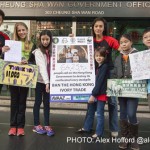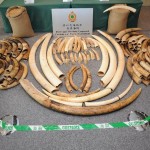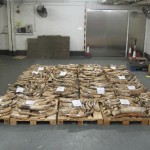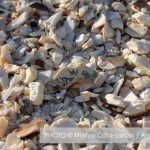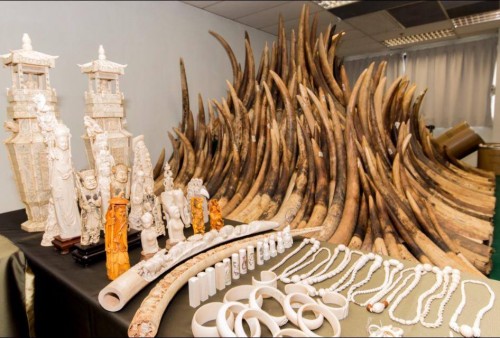
On 15 May 2014, the Hong Kong government began burning the city’s 29.6 tonne confiscated ivory stockpile — one of the largest in the world.
Thursday’s ceremony sent a strong message to the general public that using ivory as a decorative material does not carry the prestige it did in days gone by, and was attended by global media and conservationists. Off the back of this momentum, Hong Kong Legislative Council members Dr Elizabeth Quat and Dr Kenneth Chan Ka-lok have publicly announced that they are in favour of a full and permanent ban on the legal sale of ivory in the territory.
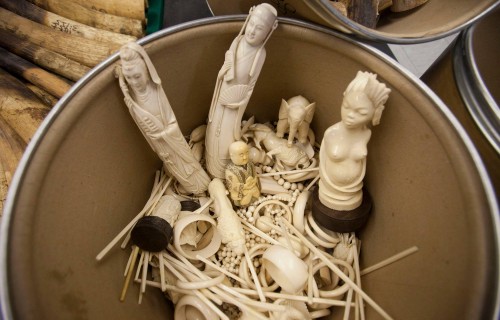
Currently, there is still a 117.1 tonne legal stockpile of ivory in circulation in Hong Kong since the global ivory ban was implemented in 1989, retailed through 447 anonymous ivory sale license holders. These outlets provide a platform for the purchase of the “luxury good” to wealthy residents and tourists from mainland China, as well as a legal market for poached ivory to be laundered into.
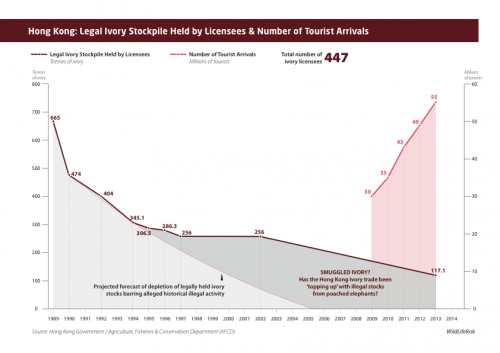
However, over the past few months the three largest retailers – Chinese Arts & Crafts (HK) Ltd, Wing On Department Store and Yue Hwa Chinese Products Emporium – have taken ivory off their shelves, and were publicly awarded the AquaMeridian Blue Leadership CSR Award for doing so in a press conference, also last week.
At the event, legislator Dr Quat revealed that:
“I expect that the Government to take a more active role in combating illegal ivory trade, as well as looking into the possibility of drafting new legislation prohibiting sales and trading of all ivory products. We need to allow our next generation to have real contact and interaction with these precious creatures, not just learning them from books or videos.”
Local NGO Hong Kong for Elephants has been a major driving force behind these positive changes, and has drafted an open letter to Hong Kong’s Chief Executive Leung Chun-ying calling for a permanent ban on ivory sales on behalf of a coalition of over 60 international and local wildlife conservation and animal welfare groups – of which Annamiticus is a proud signee. Hong Kong for Elephants have also created a public petition on the issue, which can be signed here. Hong Kong has been recognized as a major market and transit point for smuggled ivory by CITES, which considers Hong Kong one of nine countries or regions of priority concern. There is evidence that the existing legal market for elephant ivory is being used to launder ivory from poached elephants, since the two are indistinguishable.
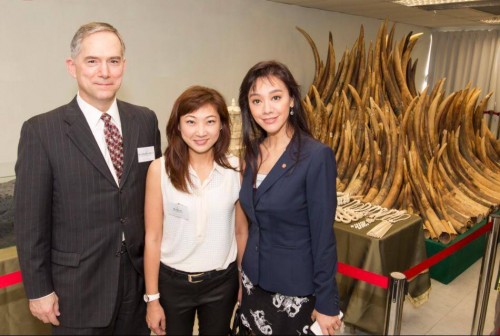
In January, Annamiticus was present when the Hong Kong government announced its decision to burn the ivory stockpile, accumulated in seizures since 1975. China, the United States, France, Belgium, the Philippines, Kenya, Gabon, Chad and Zambia have all destroyed their ivory stockpiles, and Tanzania recently committed to doing so as well.

